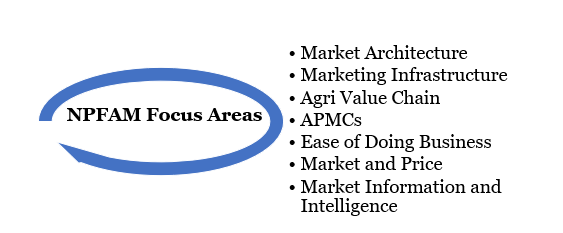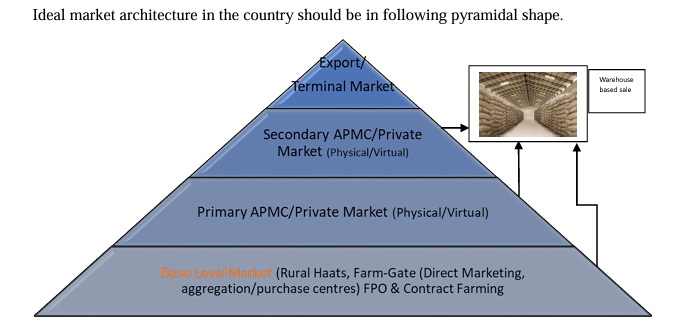Union Ministry of agriculture and farmer’s welfare has recently released draft National Policy Framework on Agricultural Marketing for public comments.
There already exists 125 wholesale private markets present in five States.


Agri Value Chain (AVC) normally refers to the whole range of goods and services necessary for an agricultural product to move from farm to its final customer.
Agricultural marketing is a State subject under Entry 28 of List-II (State List) of the VII Schedule under article 246 of the Constitution.
The Hindu | Draft National Policy Framework on Agricultural Marketing
Kent Chandler 2 months
This draft policy sounds promising for modernizing agri-marketing, but safeguards moto x3m for farmers’ pricing power and regional flexibility are crucial.